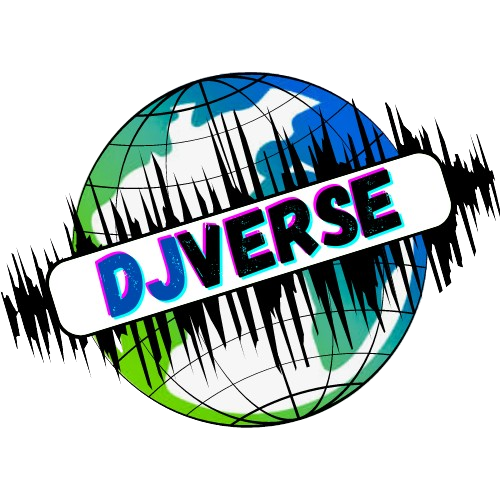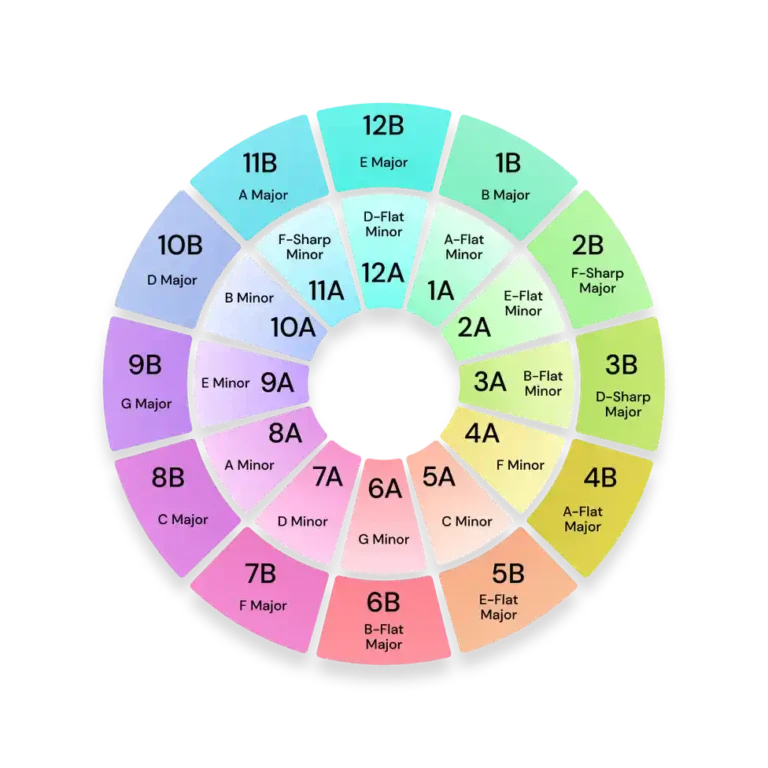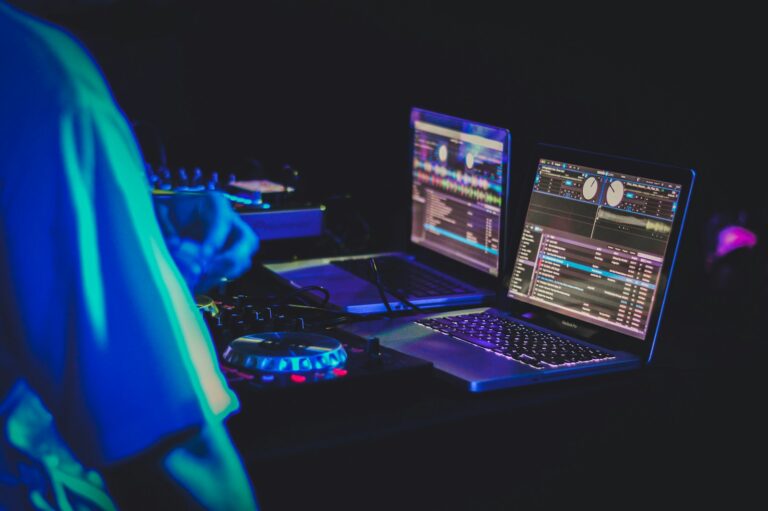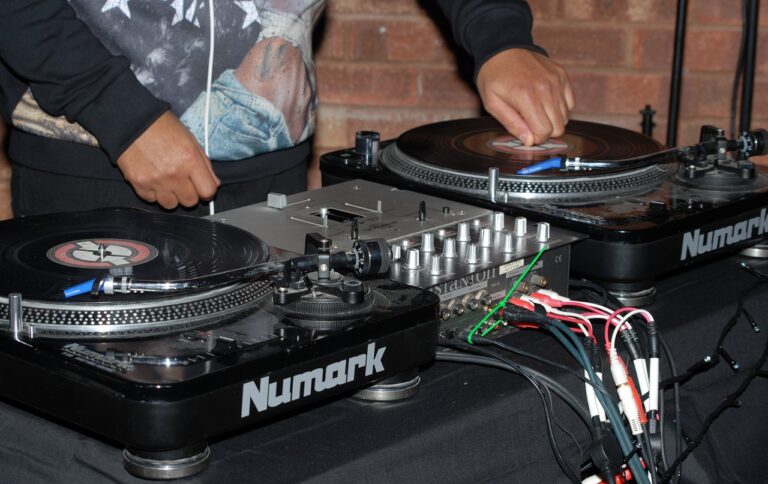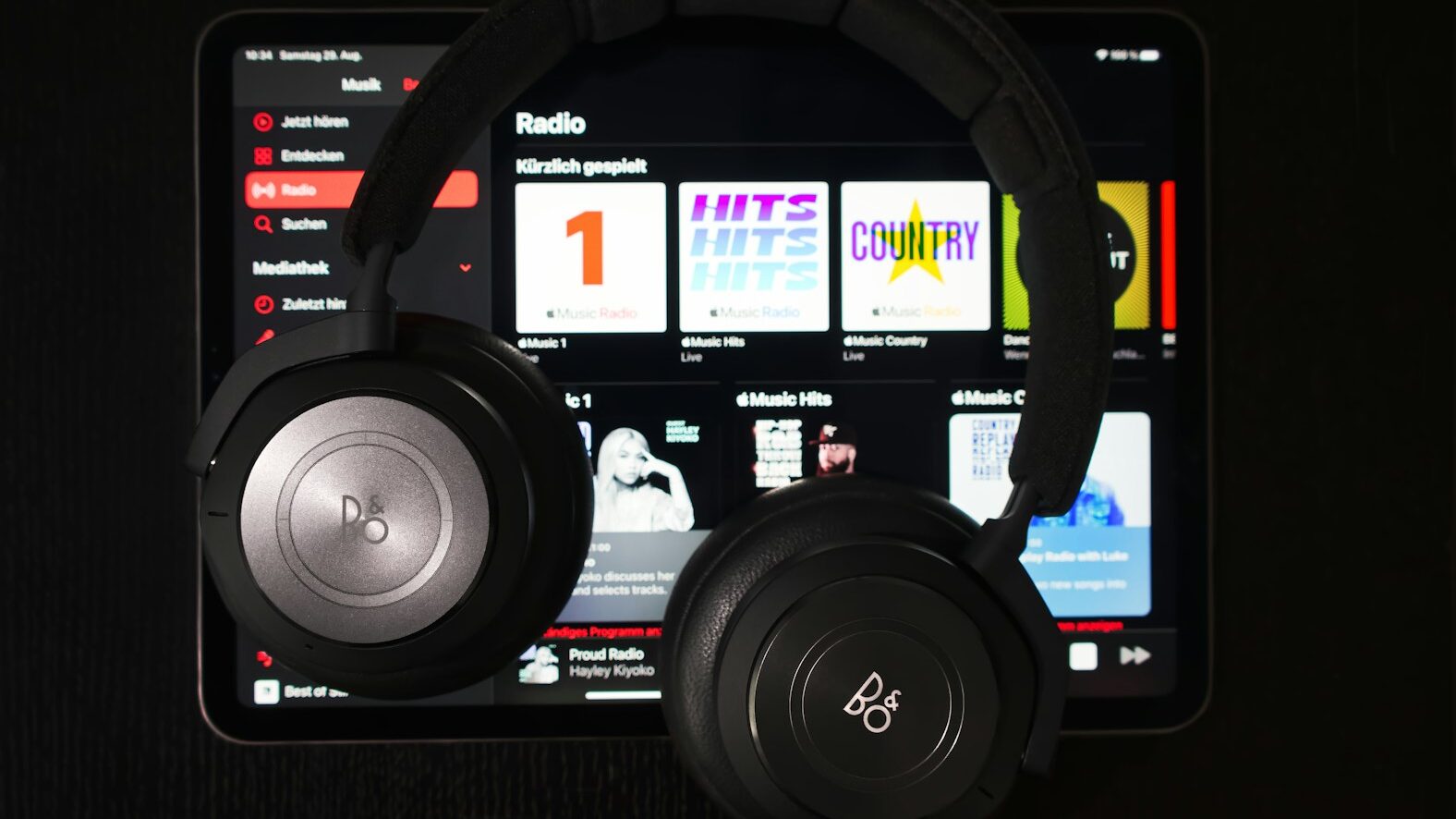
Picture this: You’re standing behind the decks, the crowd’s energy is electric, and you’re about to drop that perfect track. But wait – where do you even find that music in the first place? How do you get music for DJing?
Remember back in the day when you’d go to platforms like Limewire, WinMX and Kazaa (to name only a few) to get any amount of free music ? Those were the days, my friends. Today, things are very different!
But don’t sweat it. We’ve got you covered! In this guide, we’ll dive into the exciting world of how to get music for DJing in 2024.
Did you know that 93% of professional DJs use digital formats for at least some of their sets? But that’s just the tip of the iceberg!
Whether you’re into EDM, hip-hop, or spinning vintage vinyl, we’ll show you how to build a music library that’ll make your sets unforgettable. Let’s get this party started!
Digital Music Platforms for DJs
In the digital age, DJs have a wealth of options when it comes to sourcing music. Let’s break down the most popular platforms and formats:
DJ-Specific Digital Stores
Beatport, Traxsource, and Juno Download are the holy trinity of digital DJ stores. These platforms cater specifically to DJs, offering high-quality tracks across various electronic music genres.
- Beatport: The go-to for EDM and electronic music. It’s known for its extensive catalog and genre-specific charts.
- Traxsource: Specializes in house music and its subgenres. It’s a favorite among deep house and tech house DJs.
- Juno Download: Offers a wide range of electronic music and also stocks other genres like hip-hop and funk.
These stores typically offer tracks in both MP3 and WAV formats, giving you options depending on your sound quality preferences and storage capacity.
Subscription-Based DJ Pools
DJ pools are subscription services that provide a constant stream of new music for a monthly fee. They’re an excellent way to keep your library fresh without breaking the bank. Some popular options include:
- DJcity
- BPM Supreme
- ZipDJ
The benefit of DJ pools is that they often provide exclusive remixes and edits that you won’t find elsewhere. Plus, they usually offer both high-quality MP3s and WAV files.
Streaming Platforms with DJ Integration
Streaming has revolutionized music consumption, and DJing is no exception. Platforms like SoundCloud and Tidal now offer DJ software integration, allowing you to access millions of tracks directly from your DJ software.
- SoundCloud: Great for discovering up-and-coming artists and remixes.
- Tidal: Offers high-quality streaming and integration with certain DJ software.
While streaming offers unparalleled access to music, be aware of potential internet connectivity issues during live sets.
Digital Formats: MP3 vs. WAV vs. AIFF
When it comes to digital formats, you’ll mainly encounter MP3, WAV, and AIFF files. Here’s a quick rundown:
- MP3: Smaller file size, good for large libraries but slightly lower quality.
- WAV: Lossless quality, larger file size, preferred for club systems.
- AIFF: Apple’s lossless format, similar to WAV in quality and size.
Choose based on your storage capacity and the sound systems you’ll be playing on. Many DJs opt for WAV files for important tracks and MP3s for everything else.
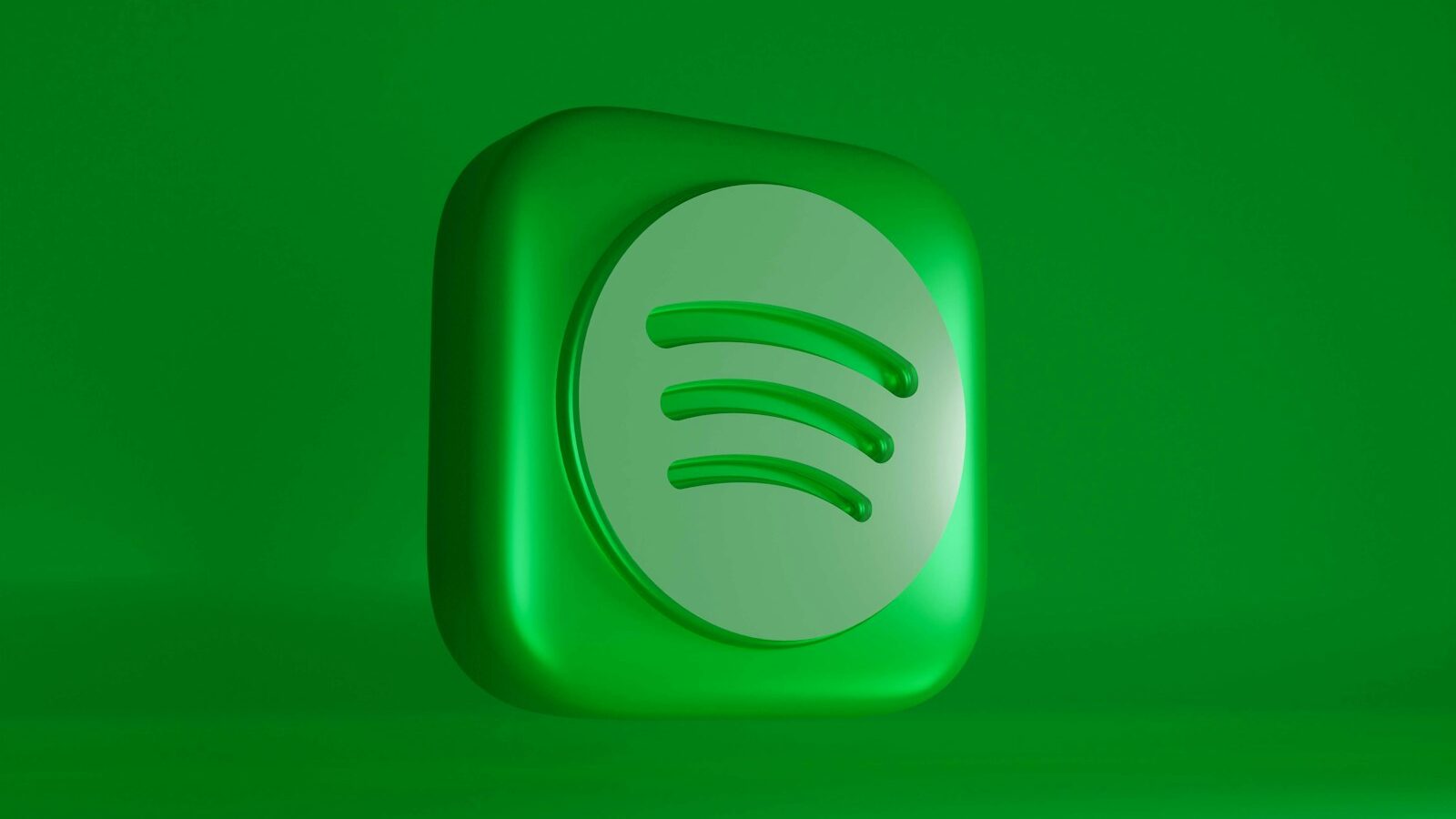
Digging for Vinyl: The Art of Crate Hunting
Despite the digital revolution, vinyl remains a beloved medium for many DJs. There’s something special about the warm sound and tactile experience of spinning records.
Why Vinyl Still Matters
Vinyl offers a unique sound quality that many audiophiles swear by. It also forces you to be more intentional with your track selection, as you can’t carry thousands of records to a gig!
Best Places to Find Vinyl Records
- Record Stores: Nothing beats the experience of flipping through crates at your local record shop.
- Flea Markets: You never know what gems you might uncover at a flea market.
- Online Marketplaces: Discogs and eBay are great for finding rare or out-of-print records.
Tips for Evaluating Vinyl Quality
- Check for scratches and warping
- Look at the label and run-out groove for pressing information
- Give it a listen if possible before purchasing
Building Relationships with Record Store Owners and Collectors
Becoming a regular at your local record store can pay dividends. Store owners often set aside choice records for their loyal customers and can give you heads up on upcoming releases or rare finds.
Free and Legal Music Sources for DJs
Who doesn’t love free music? But as a DJ, it’s crucial to ensure you’re using legal sources. Here are some options:
Creative Commons and Royalty-Free Music Libraries
Platforms like Free Music Archive and ccMixter offer tracks under Creative Commons licenses. While the selection might not be as extensive as commercial platforms, you can find some hidden gems.
Remix Competitions and Promo Pools
Many labels and artists run remix competitions, providing stem files for DJs and producers to work with. Even if you don’t win, you’ve got a unique track for your sets!
SoundCloud and YouTube as Sources for Up-and-Coming Artists
These platforms are goldmines for discovering new talent. Many artists offer free downloads of their tracks to gain exposure. Just make sure to check the licensing terms before using them in public performances.
Supporting Independent Artists
While free music is great, remember that supporting artists financially ensures they can keep creating. Consider purchasing tracks from independent artists when you can – it’s an investment in the music community you’re a part of.
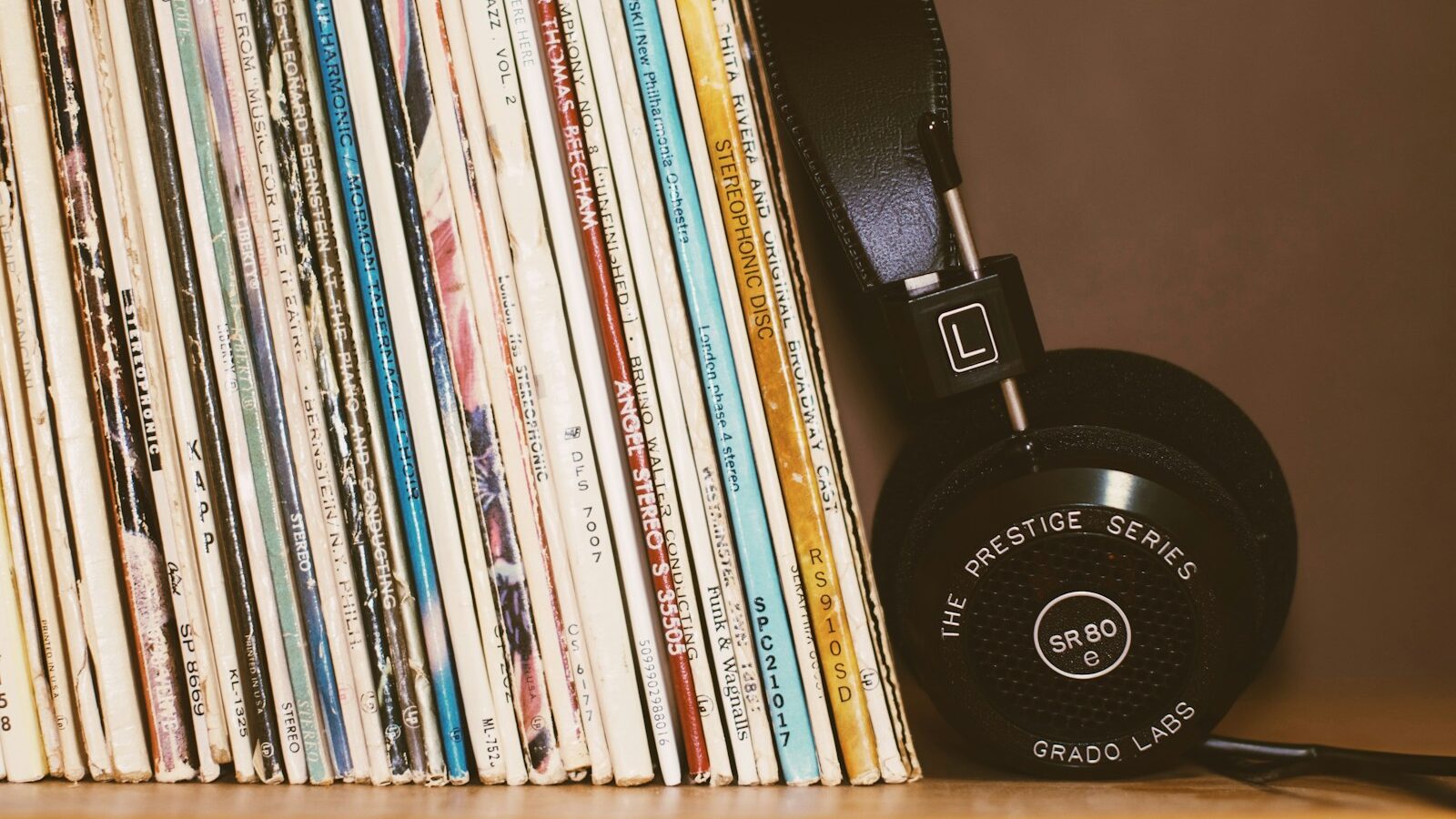
Organizing and Managing Your DJ Music Library
A well-organized music library is a DJ’s best friend. Here’s how to keep your tracks in check:
Essential Software for Music Library Management
- Rekordbox: Pioneer DJ’s software, great for preparing USB drives for CDJs.
- Serato: Popular among vinyl and controller DJs, offers excellent library management.
- iTunes/Music: Still a go-to for many DJs for its simplicity and tagging capabilities.
Tagging and Categorizing Tracks
Proper tagging is crucial for quick access during sets. Consider including:
- Genre and subgenre
- Energy level
- Key
- BPM
- Mood
Creating Playlists and Crates
Organize your music into playlists or crates based on:
- Genres
- Moods
- Energy levels
- Specific gigs or venues
This makes it easy to find the right track at the right moment.
Backup Strategies
Always, always, ALWAYS backup your music library. Consider:
- External hard drives
- Cloud storage services
- Regular backups to prevent loss of your precious tracks
Staying Current: Keeping Your Music Fresh and Relevant
The music scene is always evolving, and as a DJ, you need to stay on top of trends while also developing your unique style.
Following Record Labels and Artists on Social Media
Social media is a great way to stay informed about new releases and industry news. Follow your favorite labels, artists, and fellow DJs.
Subscribing to Music Blogs and DJ Charts
Blogs like Resident Advisor, DJ TechTools, and genre-specific sites can keep you informed about new music and industry trends. Many online stores also have DJ charts, showing what top DJs are playing.
Networking with Other DJs and Producers
Attend industry events, join online forums, and connect with other music lovers. Sharing music and knowledge is a big part of DJ culture.
Balancing New Releases with Timeless Classics
While it’s important to have the latest tracks, don’t forget the power of a well-timed classic. The best DJs know how to balance fresh sounds with familiar favorites.
Legal Considerations for DJs Using Music
As a DJ, it’s crucial to understand the legal aspects of playing music publicly.
Understanding Copyright Laws and Licensing for Public Performance
When you play music in public, you’re essentially broadcasting copyrighted material. Venues typically handle public performance licenses, but it’s good to be aware of how this works.
The Role of Performing Rights Organizations (PROs)
Organizations like ASCAP, BMI, and SESAC collect and distribute royalties for public performances. They ensure artists get paid when their music is played publicly.
Digital vs. Physical Media Rights
Digital music often comes with specific licensing terms. Make sure you understand what you’re allowed to do with the tracks you purchase or stream.
Risks of Using Unauthorized Remixes or Bootlegs
While bootlegs and unofficial remixes can be tempting, playing them in public can potentially lead to legal issues. Stick to official releases for public performances, to stay on the safe side.
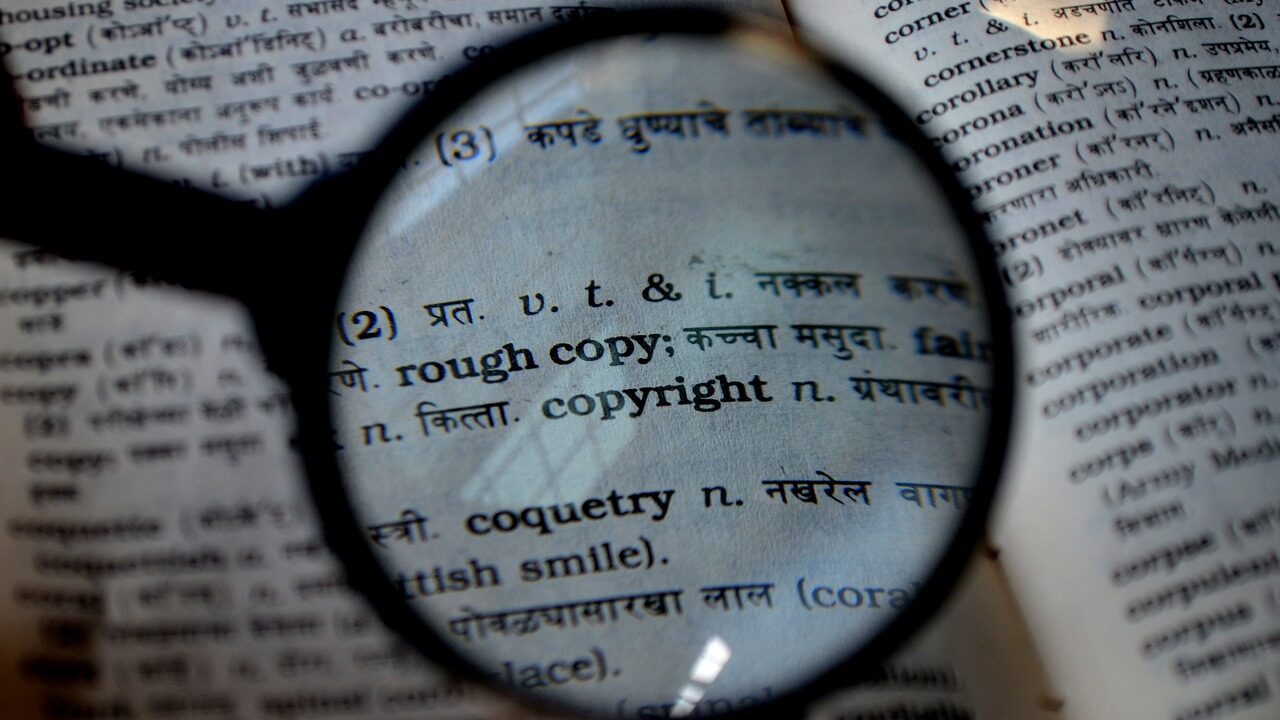
Conclusion
Alright, budding DJ, you’re now armed with the knowledge to build an epic music collection.
Remember, the key to great DJing isn’t just about having the hottest tracks – it’s about how you use them to create unforgettable experiences.
So dive into those digital crates, hunt for those vinyl gems, and start curating a library that represents you!
Explore streaming services like Beatport for the latest bangers, dig through dusty crates at your local record store, and don’t forget to support those up-and-coming SoundCloud artists.
Balance those fresh releases with timeless classics, and always respect the legal aspects of our craft.
Who knows? The next track you discover might just become your signature sound. Now get out there and make some noise! Your audience is waiting, and the beat goes on. Happy hunting!
